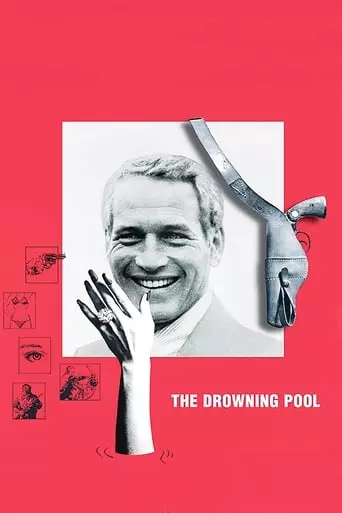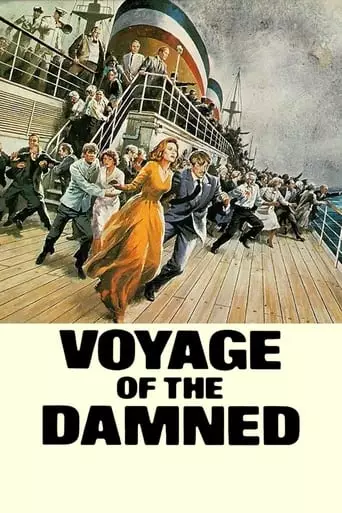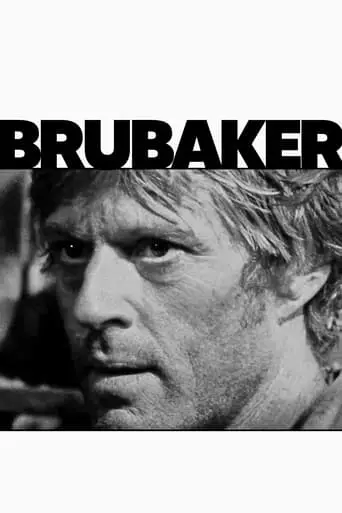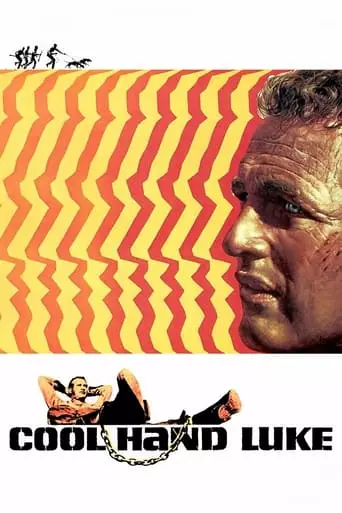Harper is brought to Louisiana to investigate an attempted blackmail scheme. He soon finds out that it involves an old flame of his and her daughter. He eventually finds himself […]

Harper is brought to Louisiana to investigate an attempted blackmail scheme. He soon finds out that it involves an old flame of his and her daughter. He eventually finds himself […]

George Lutz and his wife Kathleen move into their Long Island dream house with their children only for their lives to be turned into a hellish nightmare. The legacy of […]

A luxury liner carries Jewish refugees from Hitler’s Germany in a desperate fight for survival. Voyage of the Damned is a 1976 drama film directed by Stuart Rosenberg, based on […]

The new warden of a small prison farm in Arkansas tries to clean it up of corruption after initially posing as an inmate. Brubaker is a 1980 drama directed by […]

When petty criminal Luke Jackson is sentenced to two years in a Florida prison farm, he doesn’t play by the rules of either the sadistic warden or the yard’s resident […]
Stuart Rosenberg: The Director Behind Cool Hand Luke and More
Stuart Rosenberg (August 11, 1927 – March 15, 2007) was an American film and television director whose career spanned more than four decades. Best known for the iconic film Cool Hand Luke (1967), Rosenberg earned a reputation for crafting compelling character-driven dramas. His work, often exploring themes of rebellion, morality, and authority, showcased his ability to balance strong performances with poignant storytelling. While his name may not be as widely recognized as some of his contemporaries, Rosenberg’s contributions to cinema remain significant, particularly in the realm of socially conscious filmmaking.
Early Life and Career Beginnings
Born in Brooklyn, New York, Rosenberg grew up in a working-class Jewish family. After graduating from New York University, he initially pursued a career in film editing. His early work as an editor provided him with a strong foundation in visual storytelling, which would later inform his directing style.
Rosenberg transitioned to directing in the 1950s, beginning with television. He worked on popular anthology series such as The Twilight Zone, Alfred Hitchcock Presents, and Naked City. These experiences honed his ability to create tension and develop characters within tight time constraints, skills that would serve him well in his feature film career.
Breakthrough with Cool Hand Luke
Rosenberg made his feature film debut with Murder, Inc. (1960), a crime drama about the infamous Brooklyn-based hit squad. However, it was Cool Hand Luke (1967) that catapulted him to prominence.
Cool Hand Luke: Starring Paul Newman as the defiant Luke Jackson, a prisoner in a Southern chain gang, the film explores themes of individuality, rebellion, and the human spirit. Luke’s refusal to conform to authority and his enduring charisma made him an enduring antihero in American cinema.
Rosenberg’s direction was instrumental in shaping the film’s tone, blending gritty realism with moments of humor and poignancy. The famous line, “What we’ve got here is failure to communicate,” has become one of the most quoted in film history. Cool Hand Luke earned four Academy Award nominations, including Best Actor for Newman and a win for George Kennedy as Best Supporting Actor.
Exploring Themes of Rebellion and Morality
Rosenberg’s films often dealt with characters who challenged societal norms or faced moral dilemmas. His protagonists were frequently outsiders or individuals struggling against oppressive systems.
WUSA (1970): Reuniting with Paul Newman, Rosenberg directed this political drama about a disillusioned radio announcer entangled in a right-wing conspiracy. Though not as commercially successful as Cool Hand Luke, the film showcased Rosenberg’s interest in exploring complex social and political themes.
The Laughing Policeman (1973): A gritty crime thriller starring Walter Matthau, this film delved into the procedural and psychological aspects of police work, reflecting Rosenberg’s knack for creating tension-filled narratives.
The Drowning Pool (1975): Another collaboration with Newman, this neo-noir thriller continued Rosenberg’s exploration of morally ambiguous characters and tense atmospheres.
The Amityville Horror and Commercial Success
In 1979, Rosenberg directed The Amityville Horror, a supernatural horror film based on the alleged haunting of a house in Amityville, New York. Starring James Brolin and Margot Kidder, the film was a commercial hit, grossing over $86 million worldwide and becoming one of the highest-grossing independent films of its time.
While The Amityville Horror received mixed critical reviews, its financial success demonstrated Rosenberg’s versatility as a director and his ability to tackle different genres. The film remains a cultural touchstone in the horror genre, spawning numerous sequels and adaptations.
Later Career and Legacy
Rosenberg’s later films included Brubaker (1980), a prison drama starring Robert Redford as a reform-minded warden. The film, inspired by true events, revisited themes of institutional corruption and individual resistance, echoing the spirit of Cool Hand Luke.
In the 1980s and 1990s, Rosenberg directed fewer films, focusing instead on teaching and mentoring young filmmakers. He became a professor at the American Film Institute, where he shared his insights and experiences with aspiring directors.
Style and Approach
Rosenberg’s directorial style emphasized storytelling and character development. He had a keen eye for casting, often working with actors who could bring depth and nuance to their roles. His ability to elicit strong performances, combined with his focus on social issues and moral complexities, set his work apart.
While not a stylistic innovator in the vein of contemporaries like Stanley Kubrick or Martin Scorsese, Rosenberg’s strength lay in his storytelling and his ability to connect with audiences on an emotional level. His films often struck a balance between entertainment and introspection, making them both accessible and thought-provoking.
Recognition and Influence
Although Rosenberg’s career did not garner the same level of acclaim as some of his peers, his work has been influential in its own right. Cool Hand Luke remains a touchstone in American cinema, celebrated for its themes, performances, and timeless appeal. Directors and writers who explore themes of rebellion, authority, and moral conflict often cite Rosenberg’s work as an inspiration.
Conclusion
Stuart Rosenberg was a filmmaker who understood the power of storytelling and the importance of character. Through films like Cool Hand Luke, The Amityville Horror, and Brubaker, he left an indelible mark on the cinematic landscape. His ability to blend social commentary with compelling narratives ensures that his work continues to resonate with audiences and filmmakers alike. Though his name may not be as widely recognized, Rosenberg’s contributions to film are a testament to the enduring power of thoughtful and emotionally resonant cinema.